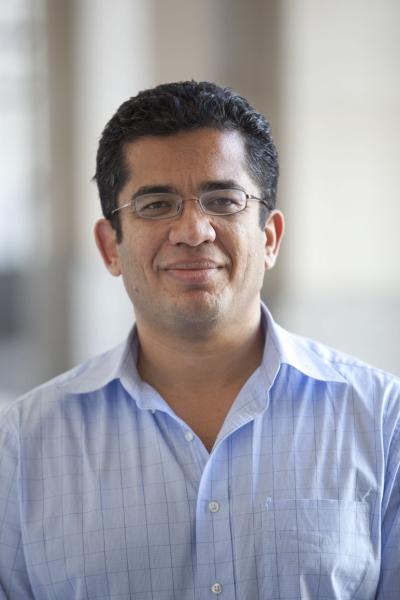Voting for Peace: Do Post-Conflict Elections Help or Hinder Recovery?

Principal Investigator: Irfan Nooruddin, Department of Political Science
Since the end of the Cold War, countries emerging from civil wars have been ushered as quickly as possible into democracy. Elections held soon after the signing of peace agreements are thought to initiate a transformation from violence to peace and poverty to prosperity.
But what if that is not the way it works? Irfan Nooruddin, with Thomas Flores of George Mason University, is examining elections in countries coping with the aftermath of a civil war. They argue that such rapid transitions to democracy are fraught with danger.
Of particular importance are non-state armed groups. If they run in an election and lose, they may suffer political retribution and be unable to run again in the future. Because they are often required to disarm as part of the peace process, they are unable to force winners to keep election promises once in office. For this reason, they often undermine the disarmament process until after elections are held, fearing that only force can prevent electoral fraud.
Thus, building a credible peace in post-conflict societies depends on convincing former armed groups that their rights will be respected even if they lose an election. Interventions in such countries should focus on helping armed groups convert to political parties and building democratic institutions strong enough to keep election winners in line.
Nooruddin’s argument has two implications. First, elections are more dangerous in countries that have no experience with democracy, where democratic institutions are at their weakest. Second, delaying elections in post-conflict societies can aid a peaceful transition. A longer interim period allows democratic institutions to build strength and non-state armed groups to evolve into political parties.
Nooruddin and Flores have found strong support for these arguments. In one paper, they found that post-conflict democracies face slow economic reconstruction and the threat of renewed conflict. In another, they found that moving post-conflict elections to the third year or beyond significantly reduces the risk of a return to war.
Investigators
Filters: 2009-2010, Political Science
